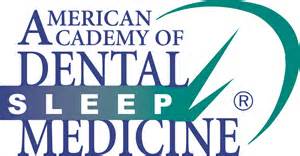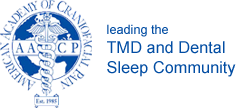Connecting TMJ & Sleep: Mouth Breathing
/Mouth Breathing Can Change Facial and Oral Development
Wondering how TMJ & Sleep breathing disorders are related? Here is one example: Mouth Breathing. During human development, when nasal breathing is blocked, and mouth breathing occurs, the result can be abnormal or insufficient facial and dental development.
Studies have found that untreated mouth breathing can lead to the development of long, narrow faces, crooked teeth, narrow arches, receded jaw, and future TMJ problems. See the images below of the same patient from age 10 to 17. The changes are remarkable!
 When the jaw and airway don’t develop fully, TMJ disorders and obstructive sleep apnea can occur.
When the jaw and airway don’t develop fully, TMJ disorders and obstructive sleep apnea can occur.
With the use of the DNA Appliance system, we can redevelop these areas in adults in order to provide patients with TMJ & Sleep breathing problems resolution to their problem safely, painlessly, and non-surgically.



